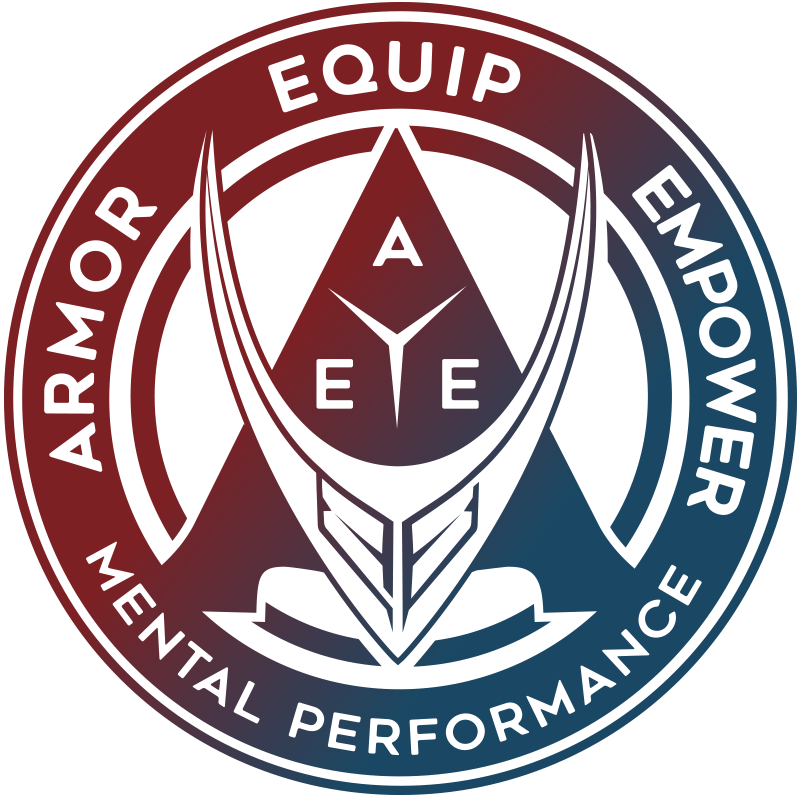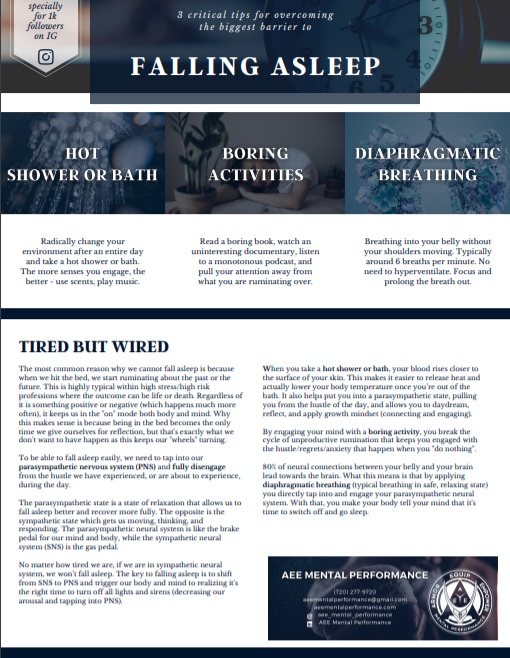“Sleep is a performance activity – you can run in flip flops, but if you put Asics on, you will run much faster. Same with sleep – approach sleep as a performance – prepare for it, adjust it to your needs, think about how you can get better at it.”
Michael Breus, PhD
Why is sleep important for our performance?
Let us ask you a question: how much do you care about sleep, the activity that takes up ⅓ of our lives? Do you analyze sleep effectiveness and strategize for increasing it? As the quote above suggests, when people talk performance quality and performance enhancement, sleep often does not come up. For most of us, sleep is “just” a form of rest. We “just” do it. We “just” rest. We “just” go to sleep. Such an approach to sleep can be very limiting to our performance. In fact, we can perform only as much as we are recovered, and sleep is the main element for proper recovery. As you could learn in the previous blog How Readiness & Resilience Optimize Performance, recovery (therefore sleep) is one of the main building blocks to proper readiness and resilience.
Sleep has a significant impact on our daily mental and physical performance as well as overall, potentially long-term mental and physical health. Before we break down how insufficient sleep disrupts readiness and resilience, let us give you a few numbers: in a study with data from 1.6 billion people from 70 countries that use daylight savings time, there has been noted a 24% increase of heart attacks after one hour lost of sleep (in spring), and 21% decrease of heart attacks after one hour of sleep was gained (in fall). Roughly same rates were measured with suicide and with road traffic accidents. Quite significant statistics of behavioral and mental changes after only 1h more/less of sleep, aren’t they?
Negative impacts of insufficient sleep on our readiness that make you underperform
As you can see, the impact of insufficient sleep goes far beyond the “I just need to grab a coffee” state. In fact, insufficient sleep, while significantly disrupting our mental and physical readiness to perform, can lead to as negative an outcome as death, and that is certainly not an overstatement from our end. In 2009, a forest firefighter, Thomas Marovich, was killed immediately after he fell from the helicopter while rappelling. The reason for the fall was a failure to check his safety hook-up. Such a mistake was probably made due to lack of concentration while executing a routine that a firefighter does on a daily basis.
Proper concentration at the task at hand, that was certainly missing in Thomas Marovich’s case, is one of the mental skills contributing to readiness to perform and is significantly and negatively influenced by insufficient sleep. Let’s explore other impacts that insufficient sleep can have to our readiness, potentially leading to making mistakes such as mentioned above.
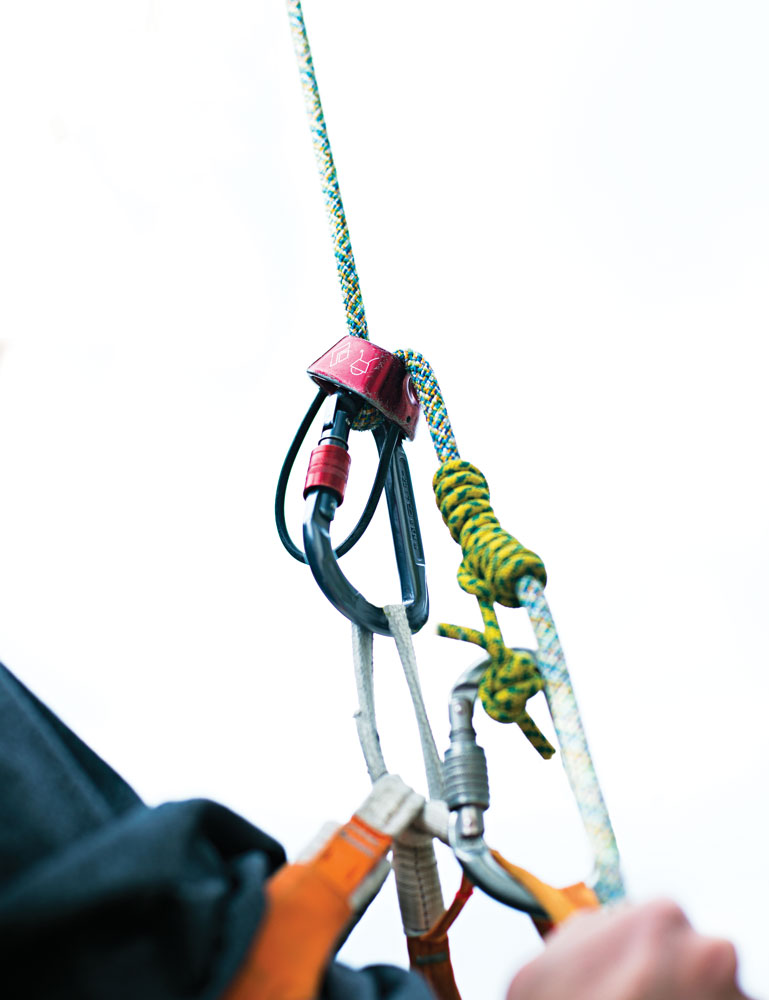
Poor decision making
Without enough sleep, you are more likely to make poorer decisions, such as taking unnecessary risk, which might make a significant impact on your performance and its outcome. As we know, in intense stressful situations, there is only minimal space (meaning almost no space) for making the right choices. In the heat of the situation, we need to make the right moves in a matter of tens of seconds. Improper recovery (insufficient sleep) makes this process significantly less effective, which leads to making more mistakes than we would otherwise.
Lower alertness and concentration
With sleep deprivation, it gets harder to focus and pay attention which ultimately leads to missing important external cues necessary for proper responses within your performance. Lower ability to concentrate can lead to confusion in which wrong decisions come into play.
Slower reaction time
Insufficient sleep decreases the information-integration process that is a necessary, otherwise very quick, process for creating a response on a stimulus. This is a particularly crucial skill for those of you who face quick situational shifts during your performance (a civilian raising a weapon) that requires you to respond immediately (covering). Such situations particularly occur among police or firefighters where quick shifts can and should be expected and usually have a significant impact on the outcome of the situation.
Prevalence to injury
Physical and mental fatigue decreases body balance which puts excessive pressure on your joints as well as increases probability for you to make wrong movements. Fatigue then, in other words, leads to a higher risk for injuries. This is the last thing to happen when you are otherwise properly trained to execute quality, reliable performance.
Emotional imbalance
Individuals that do not get enough sleep tend to be easily frustrated and irritated. Tiredness keeps your body in a sympathetic nervous system – the fight or flee state of your body that is prepared and to react as if there was a significant chance for danger occuring. Such reactions are usually automatic and very often unproductive, because they do not seek a context of the situation, nor consider potential negative outcomes. A ready individual is a composed individual, and the ability to compose gets more difficult when your tired body automatically does otherwise.
Slower, inefficient learning
Lack of REM sleep disrupts learning new information. Lack of NREM sleep disrupts coding of motor skills into your memory. In both cases, your learning efficiency decreases. Sleeping 6hrs per night for 10 days causes the same decrease (40%) of memorizing motor skills as 1 night with no sleep. In other words, learning through practicing 400 penalty kicks with enough sleep will have roughly the same impact on your improvement of the skill as practicing 1000 penalty kicks while sleeping only 6h. This is a great example that speaks to an importance of readiness within a practice stage. Readiness in this case helps you learn new information and movements faster which ultimately promotes how trained you are for a competition, a call, or any other situation within your performance domain that matters.
It’s not only about hours in bed. What attributes of sleep impact readiness and resilience?
When it comes to analyzing sleep, most people focus on the number of hours they spend in bed. This is a great start, but even when you get the hours (7-9) right, it most likely won’t optimize your sleep fully. A high number of hours in bed does not necessarily promise optimal recovery. The length of sleep is only one side of the coin called optimal sleep. Quality of sleep is the other one. Recent research has shown that the quality and quantity of sleep are roughly equally important. Some research even suggests that inconsistent sleep can be worse than short average sleep.
Sleep quality depends on various internal and external factors, such as alcohol, caffeine, stress, rumination, hunger, overeating, room temperature, light before and during sleep, and others that support or disrupt certain sleep phases. Some of these negatively impact our circadian rhythm and nervous system. The circadian rhythm is a timer that prepares our body for certain actions throughout the day. With that, our internal timer for sleep is off and our body does not get most of it. Our nervous system, on the other hand, coordinates how relaxed/alert we are before sleeping which then impacts how easy we fall asleep.
The bad news and the good news about your sleep
Researchers from OnePoll, on behalf of retailer Mattress Firm, surveyed 2,000 U.S. adults about their sleep times and habits. Results of the annual survey show that the respondents’ average night’s sleep decreased to five hours, 30 minutes in 2019 from six hours, 17 minutes in 2018. According to the National Sleep Foundation, this is far below suggested seven to nine hours a night for an adult. Our sleep, simply put, is just not optimized at all and all other factors discarded, most of us underperform on a constant basis.
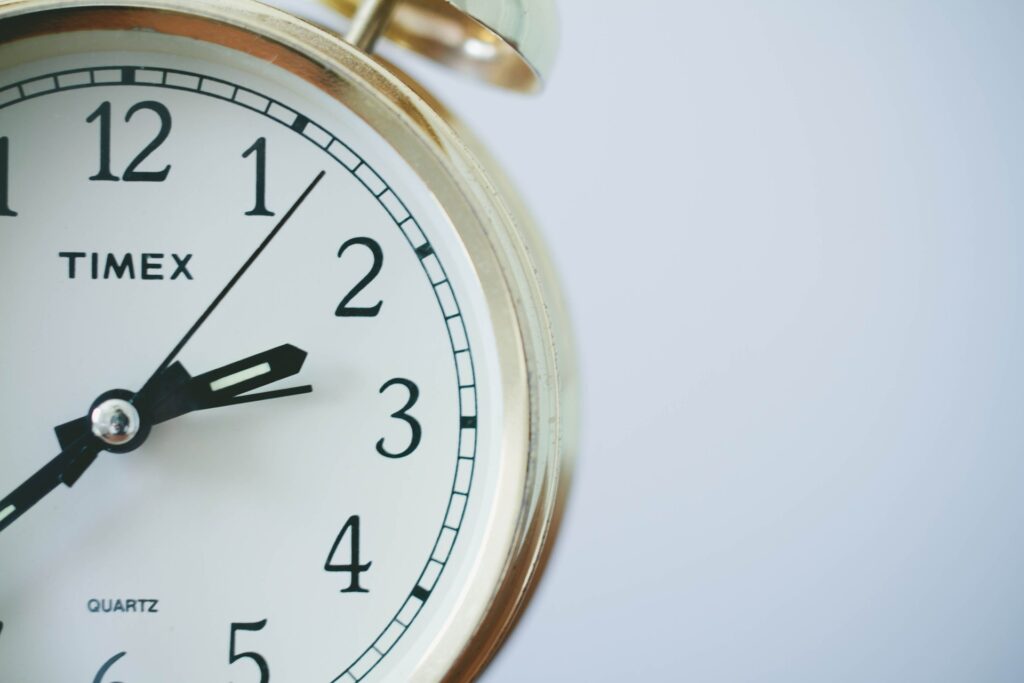
The bad news is that some of you might not be able to reach 7-9 of sleep on a daily basis due to work shifts or having a family, to name a few. The good news is that by applying certain habits during the day and routines before sleep time that minimize the sleep disruptors and prepare your body and mind for maximizing your recovery from sleep you can certainly improve your sleep quality without increasing the length of time you have to sleep.
As we often emphasize at AEE, it all starts with awareness and we encourage you to put some thought into how your sleep looks now and how you can optimize your sleep (which we will cover in future posts). If you already know that you are struggling with falling asleep we welcome you to check the downloadable PDF 3 Tips on How To Fall Asleep Easier down below. You might find helpful our Stress-management for Increasing Resilience and Mindfulness Practice for Self-regulation & Resilience Resource Room where we break down some relaxation techniques that might help you release the stress that keeps you awake.
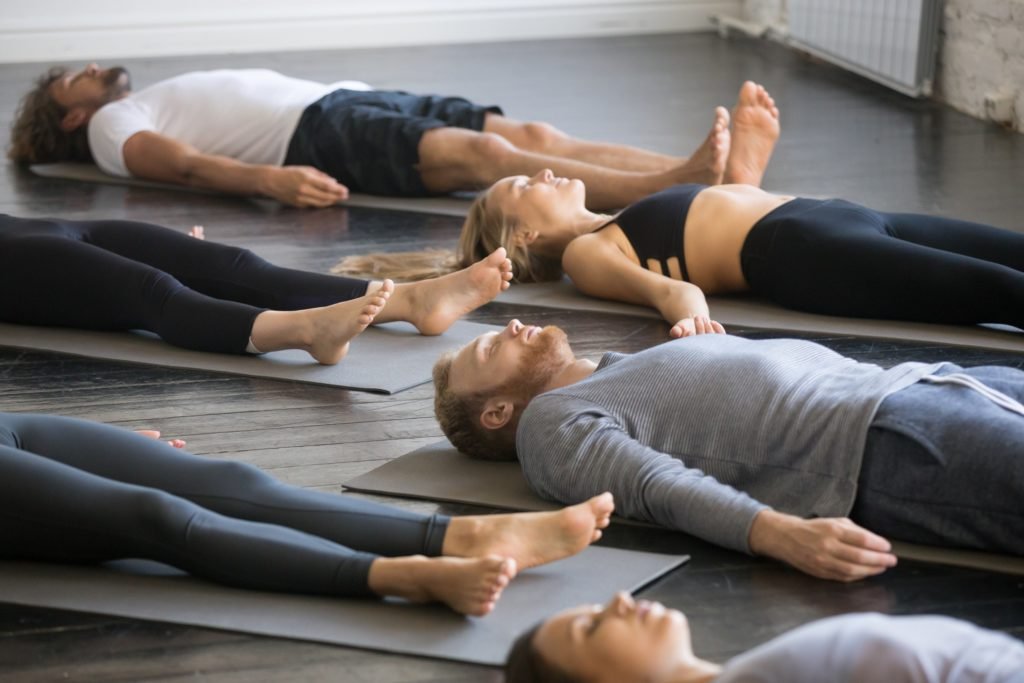
Sleep as the basic element of recovery has a significant impact on the components crucial for your readiness. It’s time to think of sleep as a performance so we analyze, strategize, and optimize it for full readiness during the day and increase our resilience over time.
